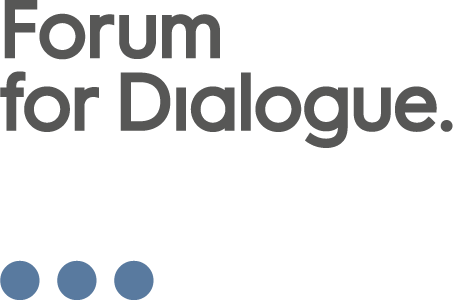I have held an interest in Jewish-related topics for many years now, given my place of birth and residence; Grójec was a typical shtetl, with Jewish residents accounting for over half of the town’s population before World War II. There are not many physical remains of Jewish presence in the town now; just a few images and fragments of stories preserved in the memory of older residents. The old Kahal building has been converted into a store, the Jewish cemetery is empty… This emptiness stirred my imagination. In an attempt to fill it, I strove to learn the first and last names of Grójec’s Jewish residents, discover where they had lived and worked, what they dreamed about. I wrote my Master thesis in Polish Studies at University of Warsaw about Adolf Rudnicki and thus once again encountered the topic of the Holocaust. Then I started working as a schoolteacher and reading a lot on this subject matter, yet at the time I was not involved in any projects related to it with my students. A breakthrough moment came in 2013, when I participated in the Summer School of Teaching about the Holocaust and realized the importance of imparting the knowledge and passing the testimonies of multiculturalism and Jewish heritage on to others. Soon afterwards came an offer to participate in the School of Dialogue educational program. Together with my students we explored multicultural Grójec while preparing a walking tour through the town’s Jewish-related sites. In the meantime, I read a book about the Holocaust in Grójec (“Zagłada Żydów w Grójcu”), which to a large extent based on Karolina Panz’s Master thesis. All of this made me actively pursue this subject matter.
I am a Polish language teacher by profession. For the past few years I have also been working as a librarian in my school’s library. I have a daughter who is already an adult and a cat. My interests include literature and psychology.
I conduct projects on Polish/Jewish matters with school students in cooperation with Forum for Dialogue as well as organizations including POLIN Museum of History of Polish Jews, Jewish Historical Institute, Polish Children of the Holocaust Association, Polish Center for Education Development (ORE) and Galicia Jewish Museum. In 2013, I coordinated a local project commemorating the Jewish community of Grójec for the School of Dialogue program. My students shot a film and prepared a walking tour about the town’s Jewish history for local residents. Their project was a finalist at the School of Dialogue Gala. In cooperation with Forum for Dialogue, together with the students from my school we hosted US American educators from Facing History and Ourselves organization (2014), British participants of March of the Living (2015) and Mr.George Elbaum (2017). My students prepared a presentation in English about their projects and the Jewish heritage in Grójec for all the guests. We also showed our guests around Grójec, taking them to various Jewish-related sites.




